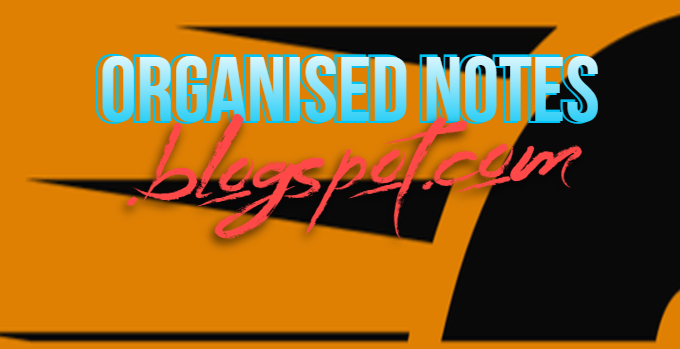Q.
To obtain virus - free healthy plants from a diseased one by tissue culture technique, which part/parts of the diseased plant will be taken?
A.
Apical meristem only
B.
Palisade parenchyma
C.
Both apical and axillary meristems
D.
Epidermis only
NEET 2014
Answer: C.
Both apical and axillary meristems:
The meristems are the actively dividing cells that are undifferentiated and lacks the virus. Hence, to obtain virus free plants meristematic region is selected.
Explanation:
TISSUE CULTURE
Explant:
-Any plant pan taken out and grown in a test tube under sterile conditions in special nutrient media.
-The capacity to generate whole plant from explant is called totipotency.
-It is to achieve propagation of a large number of plants through tissue culture called micropropagation.
-Each of these plants will be genetically identical to the original plant from which be grown i.e. they are somaclones.
- Many important plants like tomato. banana, apple etc. have been produced on
commercial scale by using this method.
- Another important application of the method is the recovery of healthy plants
from diseased plants. Even if the plants is infected with the virus, the meristem
is free Of Virus.
- Scientists have even isolated single cells from plants and after digesting their
cell walls have been able to isolate naked protoplasts.
- Isolated protoplasts from two different varieties of plants can be fused to get
hybrid protoplasts which can be further grown to form a new plant These
hybrids are called somatic hybrids while the process is called somatic
hybridization.
-Protoplast hybrid Of potato and tomato called pomato was created but
unfortunately this plant did not have ail the desired combination of
characteristics for its commercial utilization,
One can remove the meristem and grow it in vitro to obtain virus free plants.


